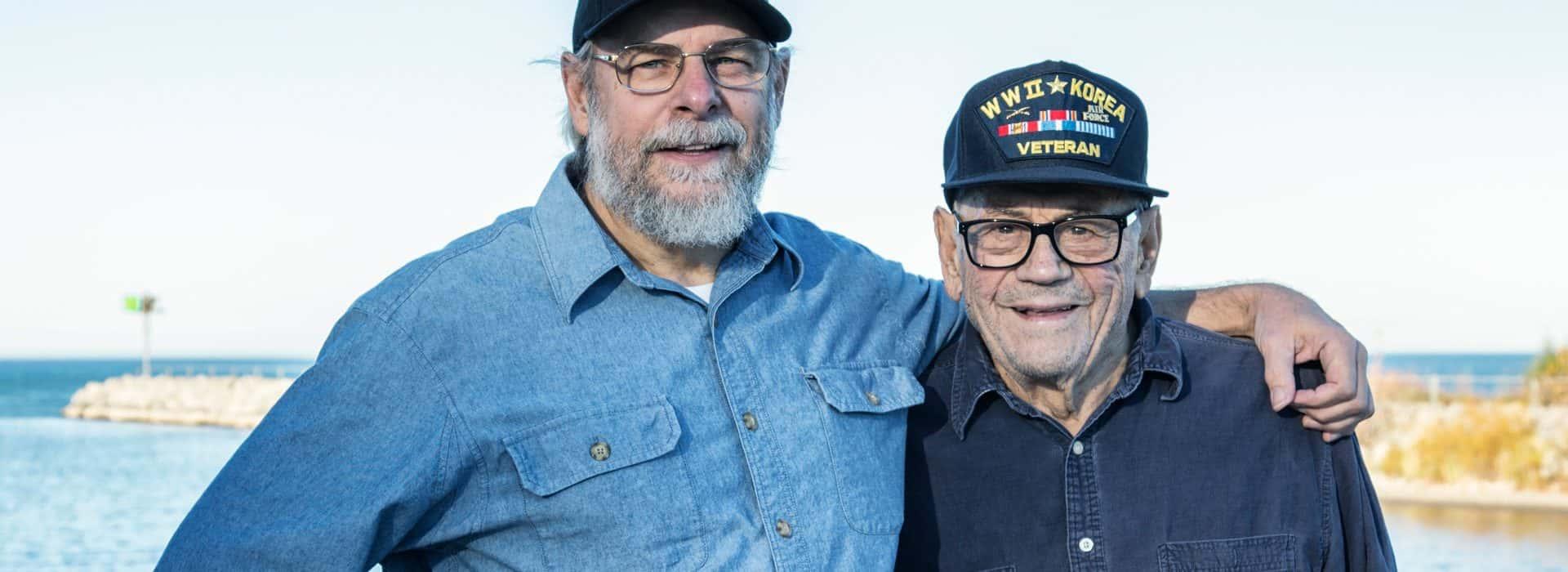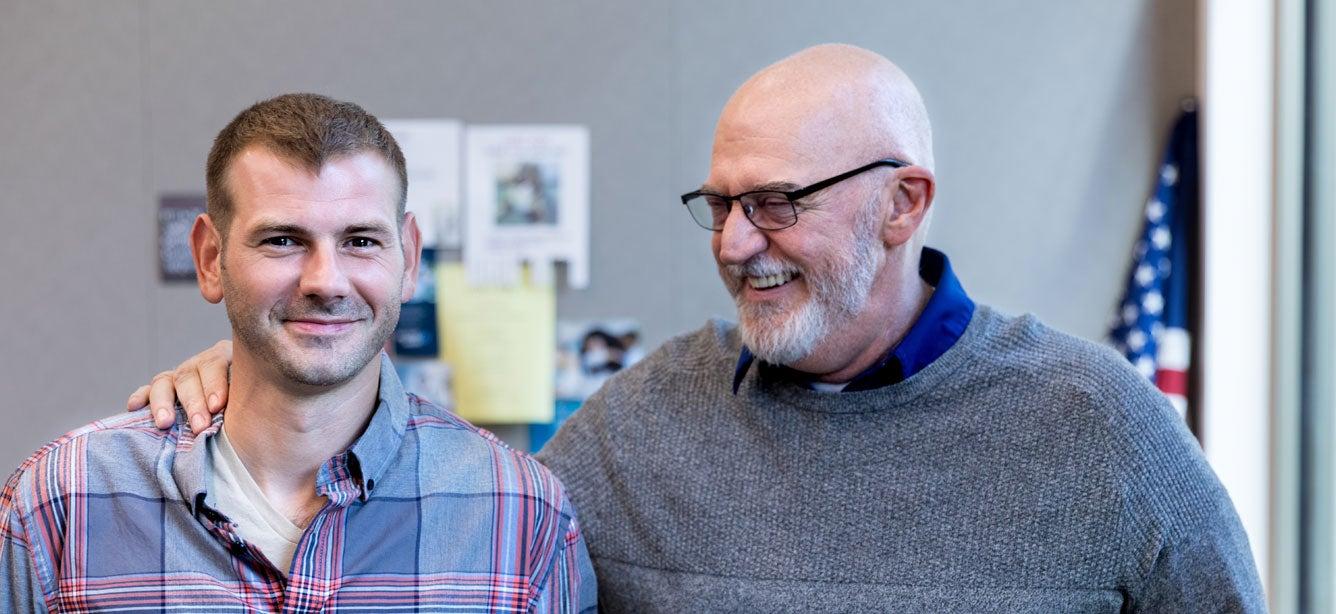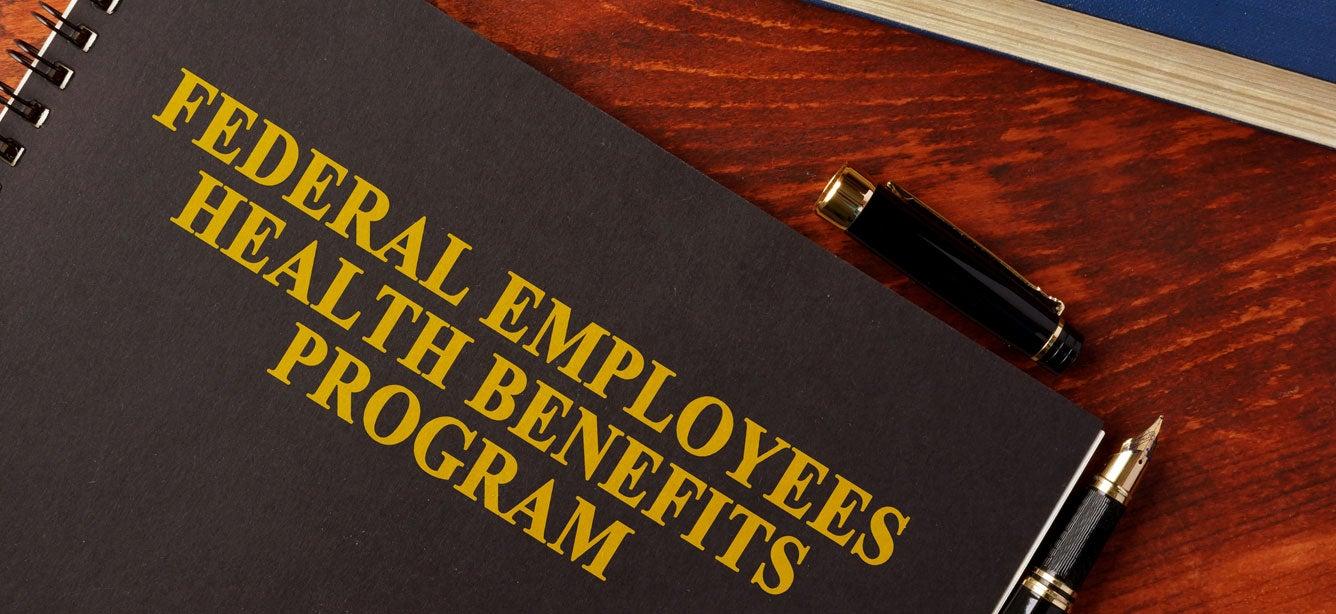
Related Topics
There are nearly 16 million American veterans who sacrificed their health and much more serving in the U.S. military, and over a quarter of them are age 75 and older, according to Census data.1
Our nation’s heroes may have the gift of longevity, but more years often comes with a greater strain on their finances. If you or a loved one is a veteran, there are many public and private benefits to help you afford to remain independent, healthy, and secure.
Types of veterans’ benefits
Veterans’ benefits come in many forms—from cash grants and education assistance to home and community-based services. Benefit eligibility for many programs depends on:
- The length and type of service
- Whether you incurred any service-related disability
- Your household income
Many of the programs described below are available to all veterans who qualify.
Financial assistance
- Veterans’ pensions are administered by the Veterans Administration (VA) and provide a monthly cash benefit to those age 65 or older or who are disabled at any age. The amount you receive depends on your income, number of dependents, and the program’s pension rate for the year of your application.2
- The VA Survivors Pension is a cash benefit awarded to the surviving spouse (who has not remarried) or unmarried dependent of a deceased veteran.3
- Disability payments are available to veterans who suffered or aggravated an injury or disease while on active duty. Extra money is available if you have very severe disabilities or limb loss, dependents, and/or a spouse with serious disabilities.4
- Financial aid for education is also available through the Montgomery GI Bill Active Duty (MGIB-AD) or Post-9/11 GI Bill to help pay for tuition, books, fees, examinations, and housing expenses for graduate and undergraduate degrees, and vocational and technical training.5
Health and long-term care
- The Aid and Attendance (A&A) and Housebound benefits are two programs that provide financial help for veterans and surviving spouses who require the regular attendance of another person to assist in eating, bathing, dressing, and toileting. It also helps pay for assisted living facilty care. These benefits are available to those who receive a VA basic pension.6
- Community Care can help you find health care services in your community as an option to bypass waiting for appointments with the VA or traveling a long distance to a VA facility.7
- VA Blind Rehabilitation Services help you remain independent by providing services if you are blind or have low vision. The services can take place in an inpatient or outpatient facility or in your home, based on level of need.8
- State veterans’ homes are facilities that provide services such as rehabilitation and skilled nursing, long-term care, residential care, and dementia care.9
- Telehealthbrings routine health care services such as physical therapy and mental health appointments to your home via technology that connects you to your doctor.10
- Home hospice care provides comfort and support if you have an advanced stage of a terminal disease.11
Home loans
- Special adapted housing grants offer cash benefits to veterans with certain service-connected disabilities to buy or remodel a home to accommodate their mobility needs.12
- Veterans’ home loans help members of the military secure mortgage loans to purchase a home. The VA administers a guaranteed mortgage loan through an approved lender. Even if you end up having trouble paying your mortgage, the VA will guarantee repayment of the loan to your lender.13
State programs
State veterans’ benefit programs vary widely, and include:14
- Discounted hunting or fishing licenses for those with a service-connected disability.
- License plates that recognize your time in service.
- Educational assistance to attend any state-sponsored college or university.
- Employment assistance and resources to help you find a job.
Help for caregivers
Caregivers of veterans may also be eligible to receive help through programs such as:
- Adult Day Health Care (ADHC) services, where a veteran participates in supervised, safe activities outside of the home, giving the caregiver an opportunity to take time for self-care.15
- Respite care of up to 30 days per year to provide a break from their caregiving duties.16
Where can I find these programs?
All the programs listed above are included in BenefitsCheckUp.org, NCOA's free and confidential online benefits screening tool.
Complete the BenefitsCheckUp® questionnaire ton find what programs you or a loved one are eligible for, and get information on where to get assistance with your application, including through the VA.gov, a regional VA office, or the VA toll-free helpline at 1-800-827-1000.
If you live in one of our local Benefits Enrollment Center service areas, you’ll also receive information on how to contact someone who can help you apply for all the benefits you may be missing.
Also, using BenefitsCheckUp® enables you to find out about your eligibility for programs that are not solely for veterans—including those that pay for medications, food, utilities, and more.
Sources
1. United States Census Bureau. Veterans Day 2024: November 11. Oct. 16, 2024. Found on the Internet at https://www.census.gov/newsroom/facts-for-features/2024/veterans-day.html
2. U.S. Department of Veterans Affairs. VA pension benefits. Found on the Internet at https://www.va.gov/pension/#get-va-pension-benefits
3. U.S. Department of Veterans Affairs. Survivors Pension. Found on the Internet at https://www.va.gov/family-and-caregiver-benefits/survivor-compensation/survivors-pension/
4. U.S. Department of Veterans Affairs. VA disability compensation. Found on the Internet at https://www.va.gov/disability/
5. U.S. Department of Veterans Affairs. VA education and training benefits. Found on the Internet at https://www.va.gov/education/
6. U.S. Department of Veterans Affairs. VA Aid and Attendance benefits and Housebound allowance. Found on the Internet at https://www.va.gov/pension/aid-attendance-housebound/
7. U.S. Department of Veterans Affairs. Community Care. Found on the Internet at https://www.va.gov/COMMUNITYCARE/
8. U.S. Department of Veterans Affairs. Blind and Visual Impairment Rehabilitation Services. Found on the Internet at https://www.prosthetics.va.gov/blindrehab/
9. U.S. Department of Veterans Affairs. State Veterans Homes. Found on the Internet at https://www.va.gov/GERIATRICS/pages/State_Veterans_Homes.asp
10. U.S. Department of Veterans Affairs. VA Telehealth. Found on the Internet at https://telehealth.va.gov/
11. U.S. Department of Veterans Affairs. Hospice Care. Found on the Internet at https://www.va.gov/geriatrics/pages/Hospice_Care.asp
12. U.S. Department of Veterans Affairs. Disability housing grants for Veterans. Found on the Internet at https://www.va.gov/housing-assistance/disability-housing-grants/
13. U.S. Department of Veterans Affairs. VA Home Loans. Found on the Internet at https://www.benefits.va.gov/homeloans/
14. Military.com. Your 2024 State Veteran Benefits. Found on the Internet at https://www.military.com/benefits/veteran-state-benefits/state-veterans-benefits-directory.html
15. U.S. Department of Veterans Affairs. Adult Day Health Care. https://www.va.gov/geriatrics/pages/Adult_Day_Health_Care.asp
16. U.S. Department of Veterans Affairs. Respite Care. https://www.va.gov/geriatrics/pages/Respite_Care.asp



